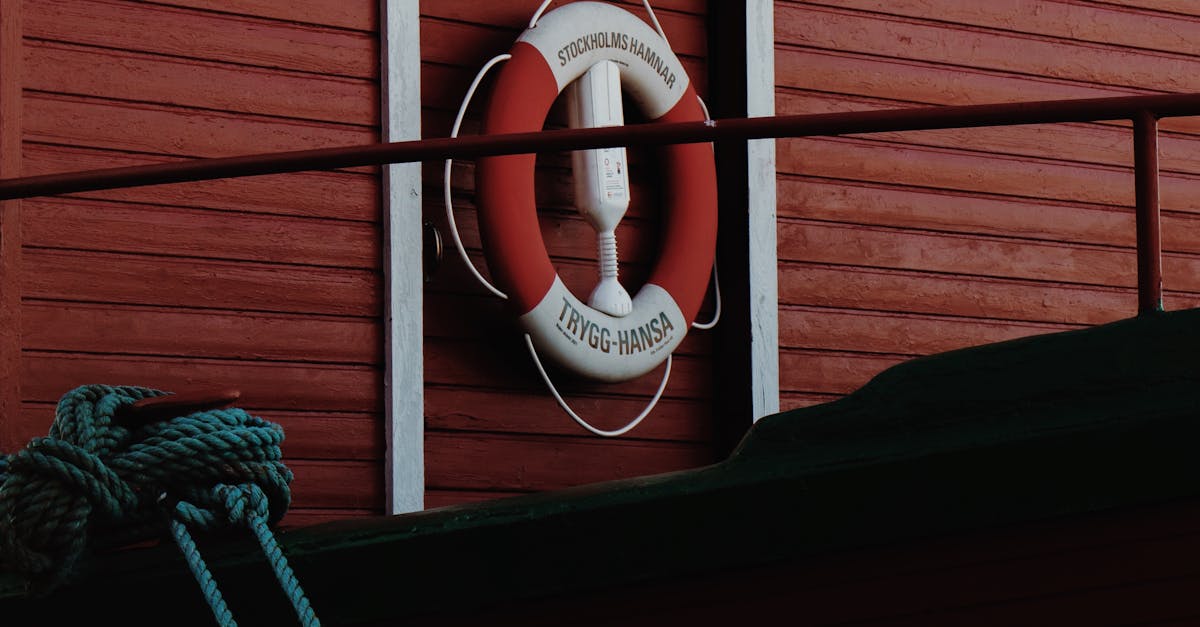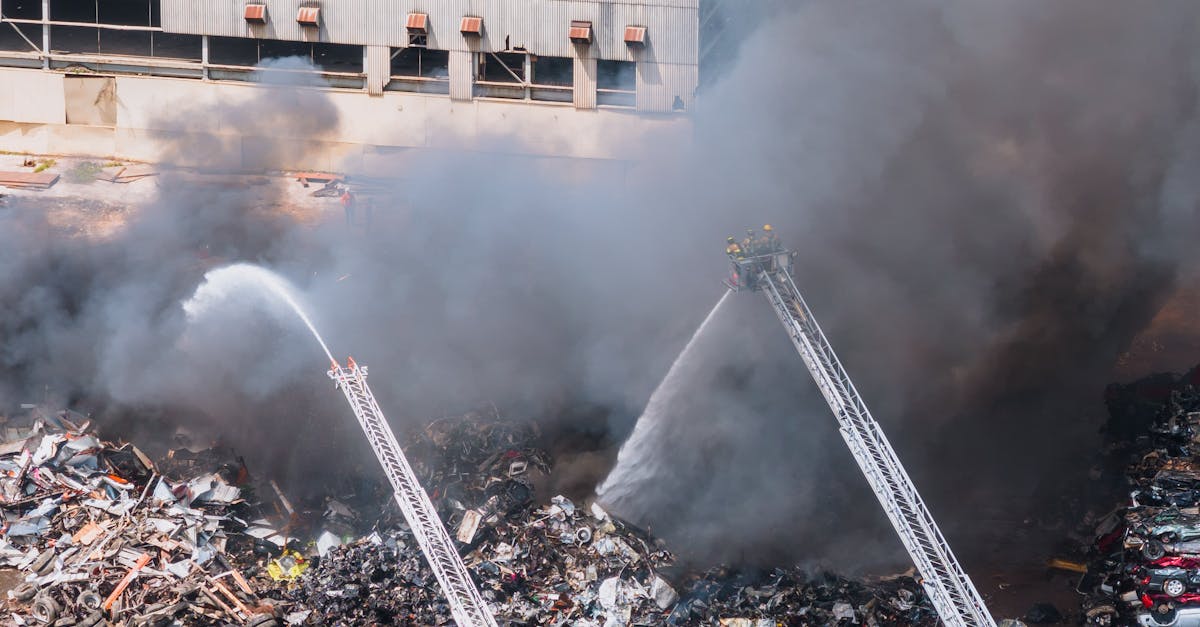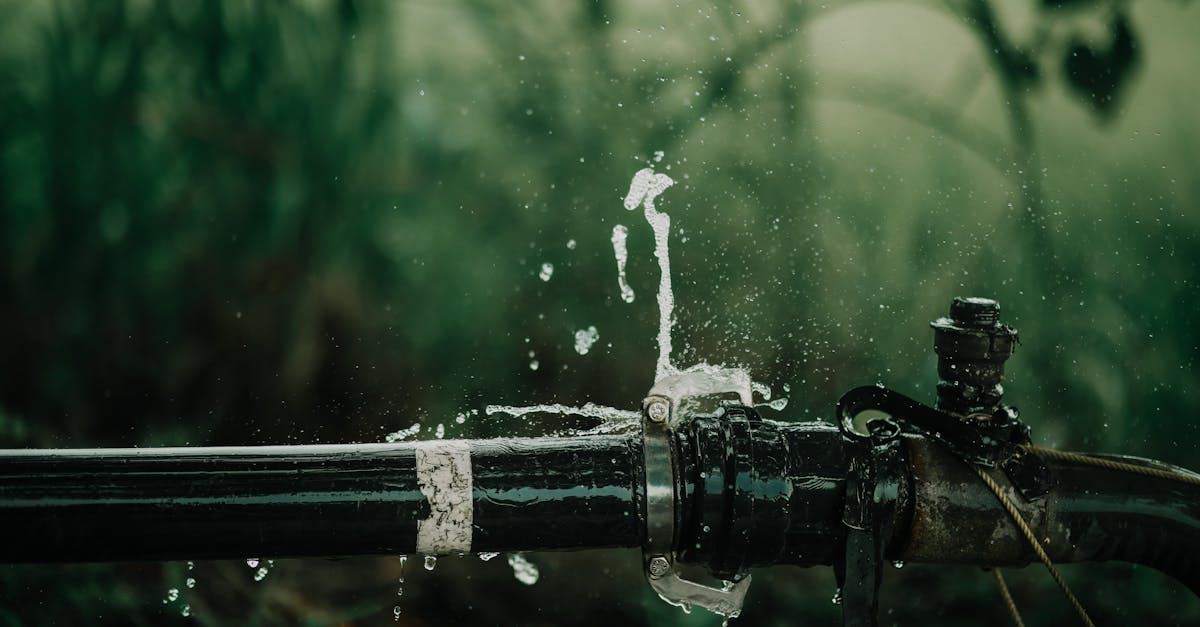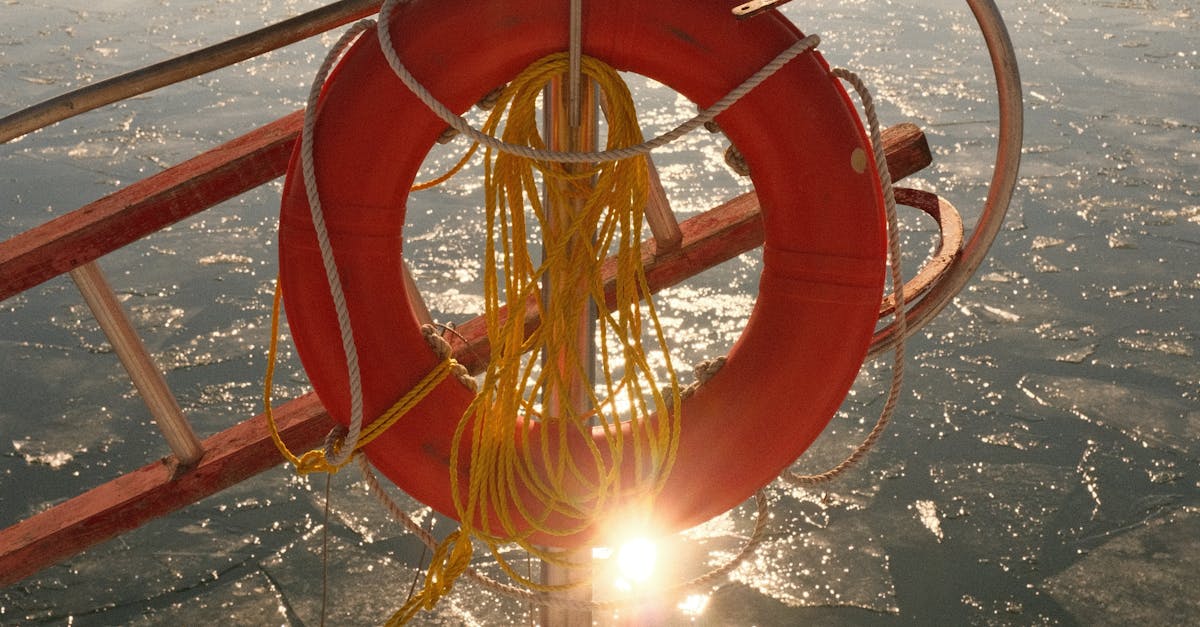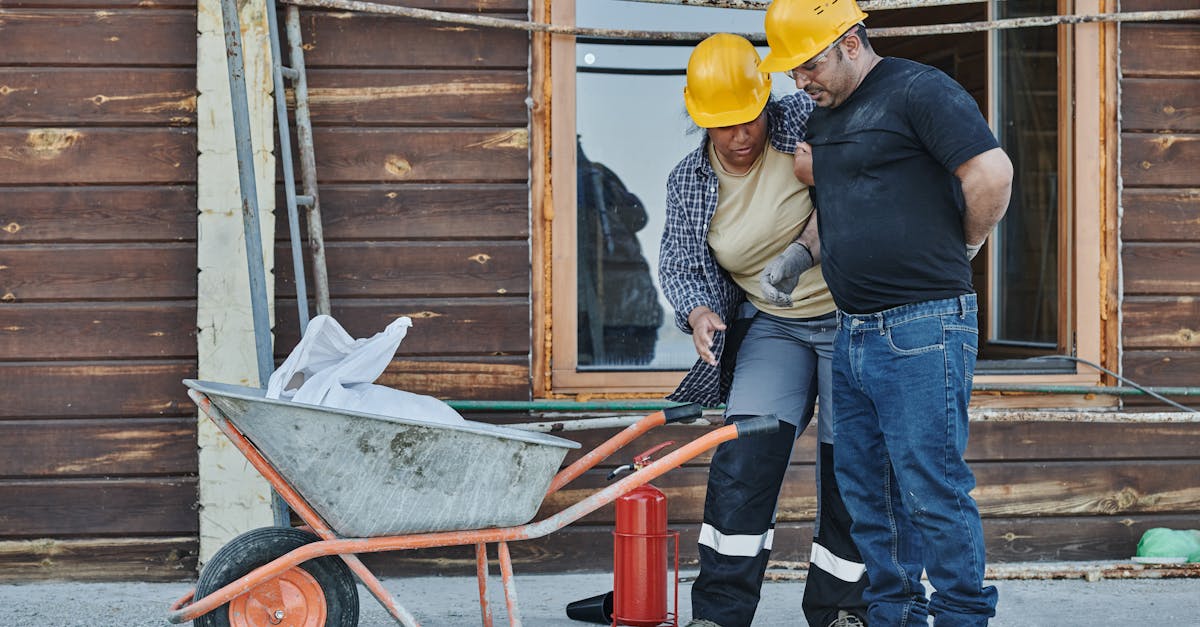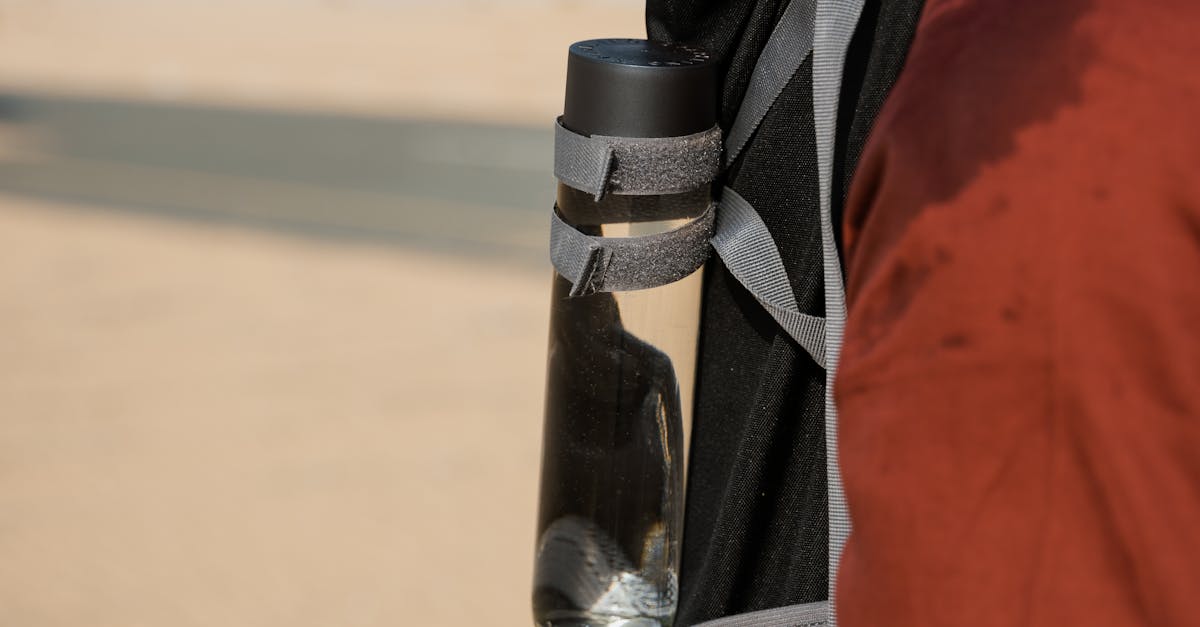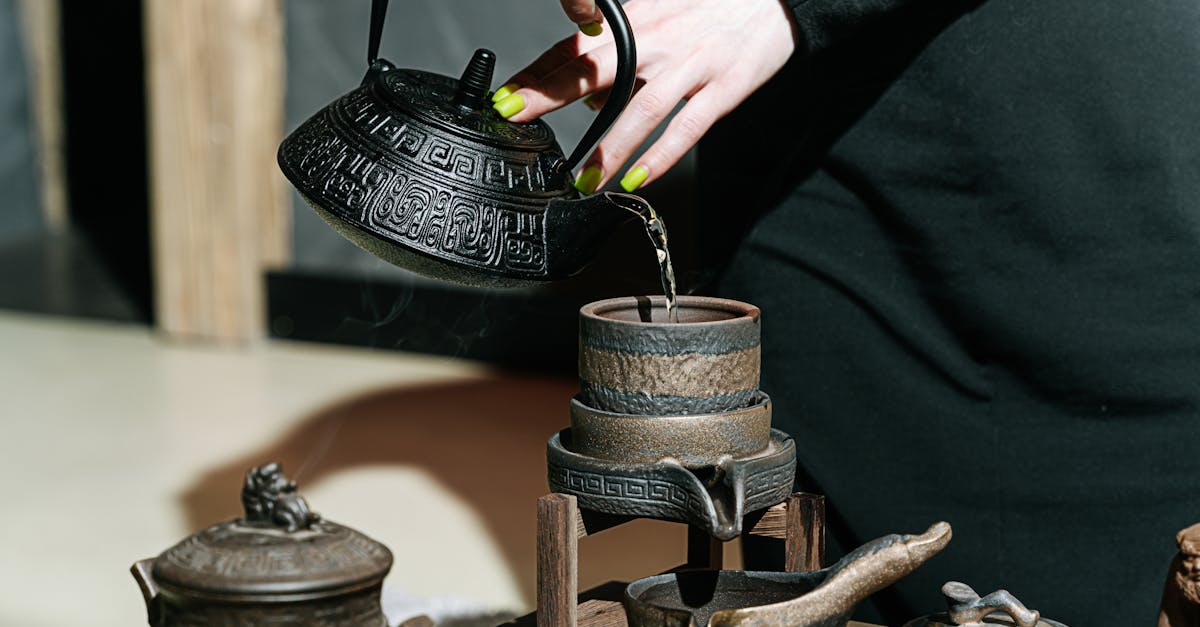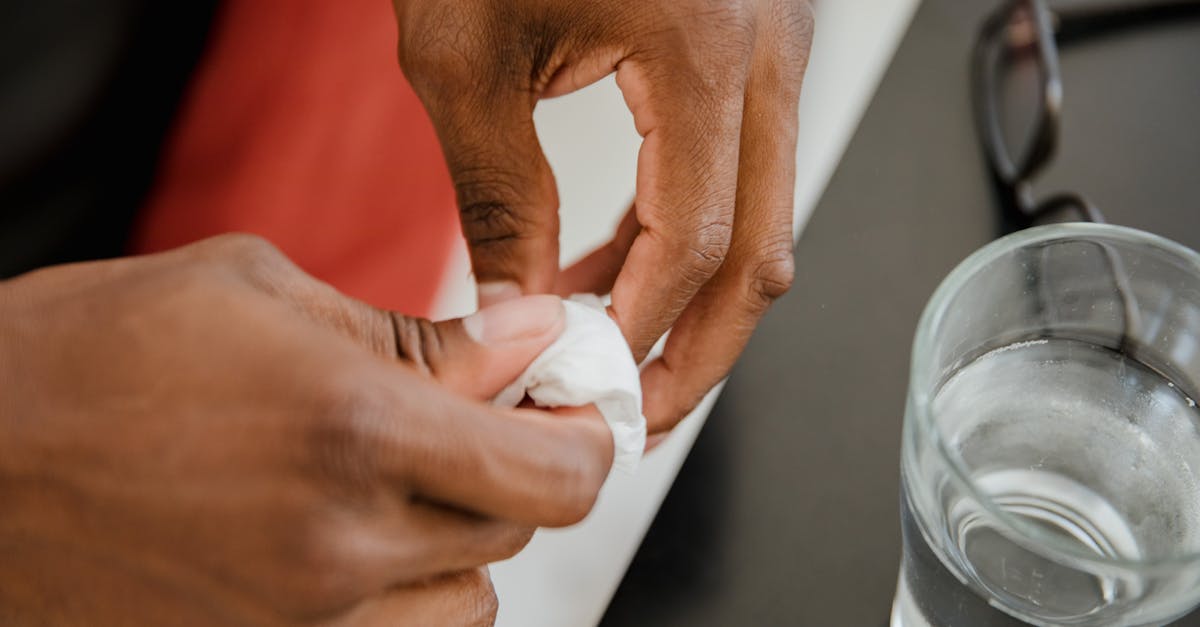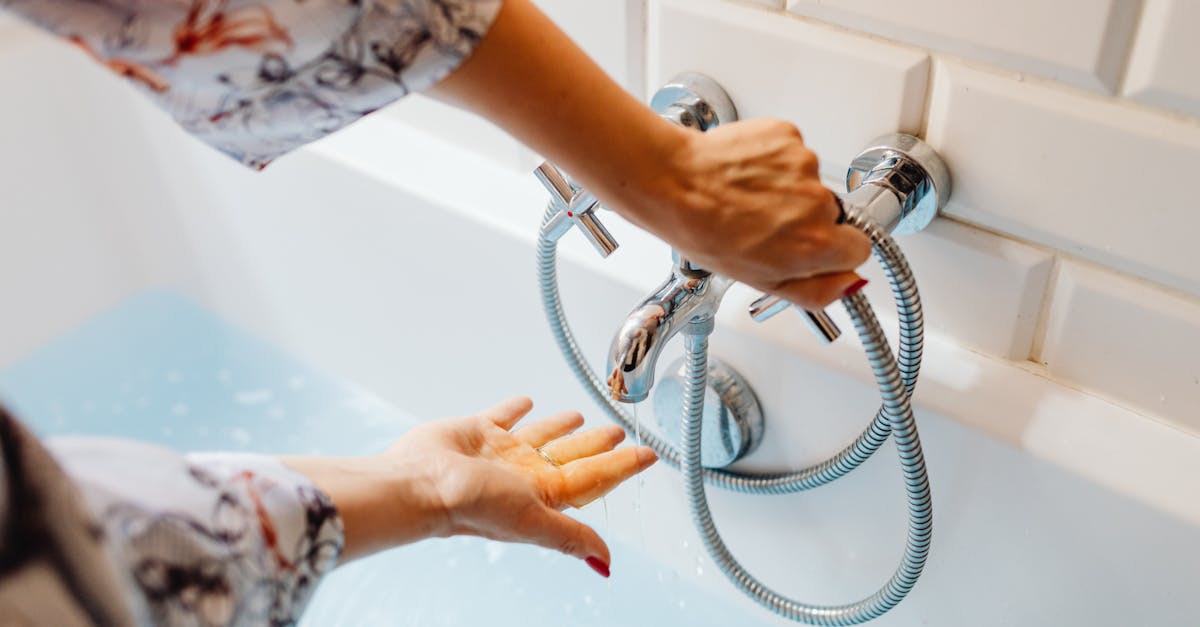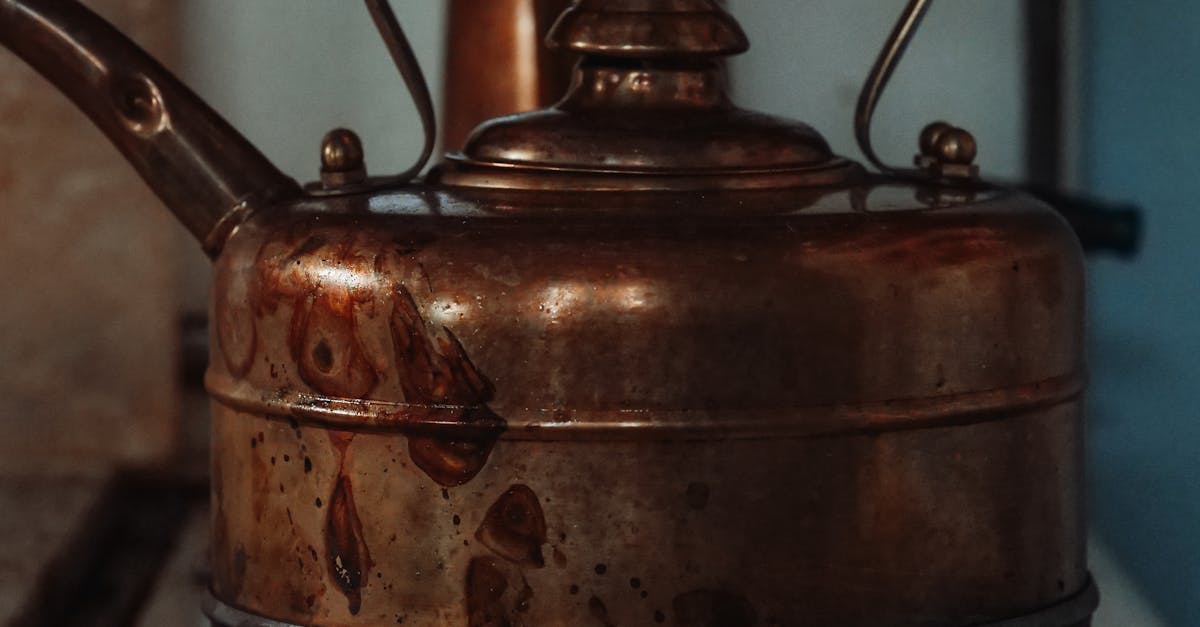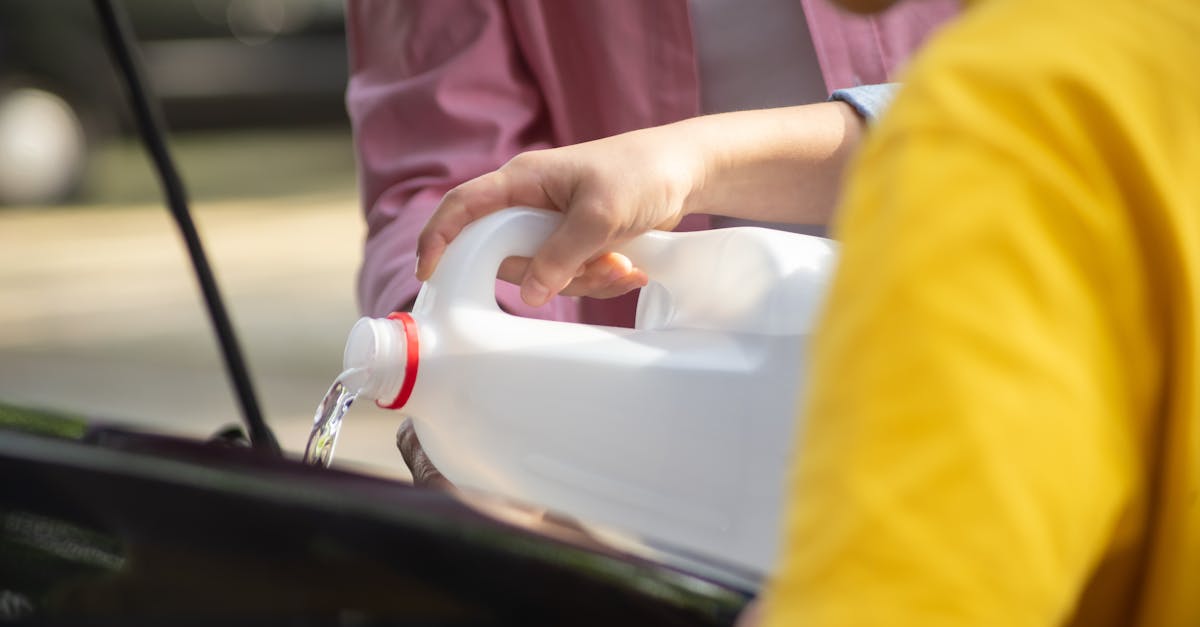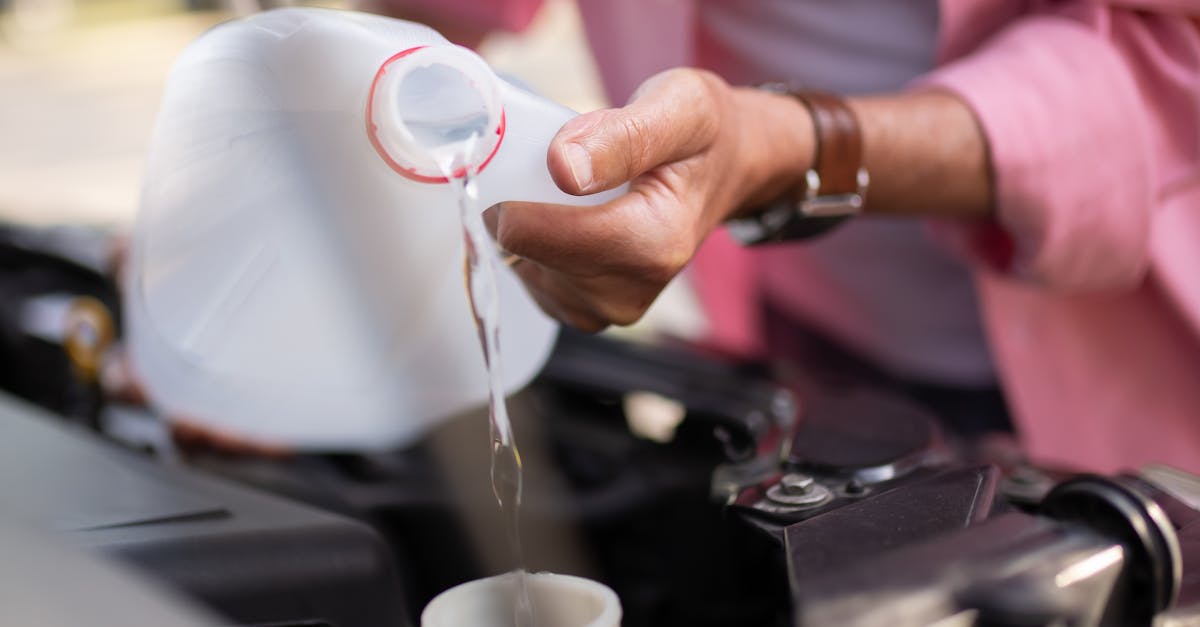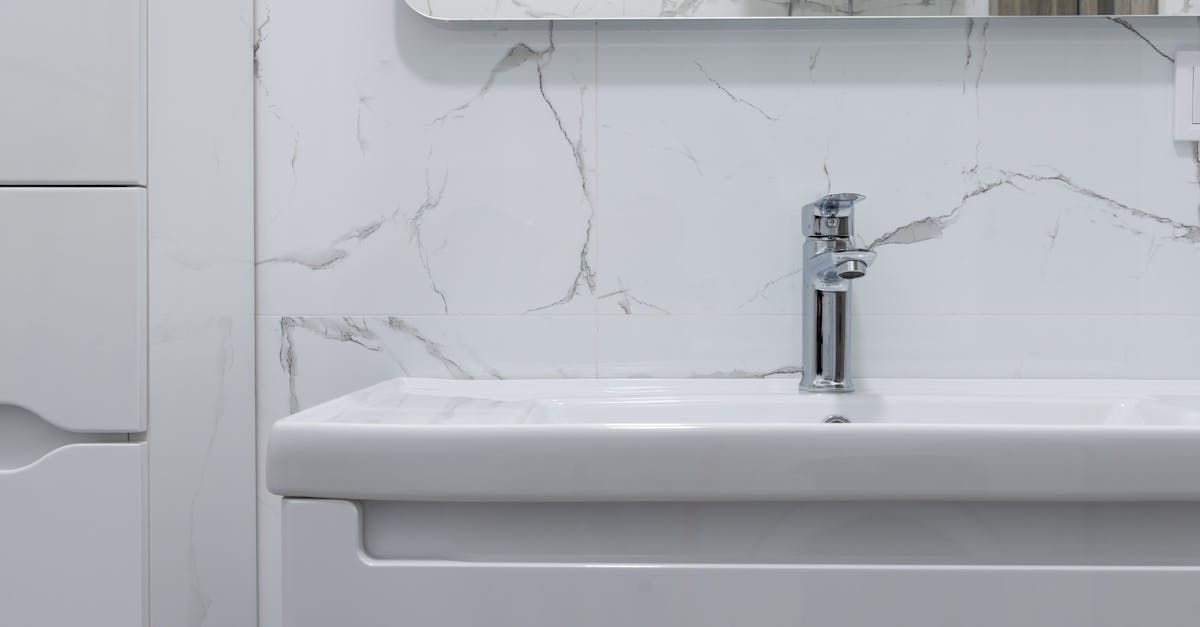
Table Of Contents
DIY Fixes for Minor Leaks
If you notice a minor leak from your water heater, there are a few DIY fixes you can undertake before deciding on professional intervention. First, check the connections and fittings to see if they are loose. Tightening these can sometimes resolve the issue. If the leak is coming from the drain valve, you may attempt tightening it or replacing the valve washer. Always ensure the heater is turned off and the tank is cooled down before proceeding with any repairs to avoid injury.
In cases where the leak is more persistent, consider applying plumber's tape to threaded connections. This can provide a temporary seal until you can arrange for an emergency hot water repair. Additionally, inspecting the T&P (temperature and pressure) relief valve may reveal potential sources of leaks. If these DIY solutions do not work, contacting a professional is advisable to prevent further water damage and ensure the safe operation of your water heater.
Simple Repairs You Can Attempt
Addressing a small leak in your water heater can often be a straightforward task. Start by turning off the power or gas supply to the unit to eliminate any risk of injury. If the leak stems from the temperature and pressure relief valve, gently tighten the valve using a wrench. Alternatively, if water is accumulating at the base of the heater, check the drain valve for any looseness. Tightening it can sometimes resolve minor leaks without the need for professional intervention.
If tightening valves does not solve the problem, using plumber’s tape on threaded connections may help create a watertight seal. For leaks in hoses or connections, consider replacing rubber seals or washers that may have worn down over time. In situations where these simple repairs do not effectively stop the leak, it is advisable to consult a professional for an emergency hot water repair. This ensures that the issue is handled correctly and prevents further damage or the need for extensive repairs in the future.
Preventing Future Leaks
Regular maintenance of your water heater is crucial to preventing future leaks. Inspections should happen at least annually. Look for signs of corrosion or wear around the tank. Flushing the tank to remove sediment build-up helps improve efficiency and prolongs the life of the unit. Keeping the area around the heater clear of debris also aids in maintaining proper airflow, preventing overheating and potential leaks.
Another effective strategy is testing the pressure relief valve periodically. This valve ensures that your water heater doesn't become pressurised, which can lead to leaks or even worse malfunctions. If you notice any issues during your inspections, address them promptly. Otherwise, prepare for an emergency hot water repair, which may be more costly and disruptive. Implementing these maintenance practices can significantly reduce the chances of encountering leaks in the future.
Regular Maintenance Tips
Regular maintenance of your water heater can significantly reduce the likelihood of leaks and the need for emergency hot water repair. It is advisable to inspect the unit periodically for signs of wear and tear. Checking the temperature settings is essential; keeping the thermostat around 60 degrees Celsius can prevent excessive pressure, which often leads to leaks. Additionally, flushing the tank annually helps remove sediment buildup that can corrode the tank and compromise its integrity.
Inspecting the plumbing connections for tightness is another crucial maintenance step that homeowners should not overlook. Loose fittings may result in small drips that can escalate into larger problems over time. Replace any worn-out or damaged components promptly to maintain optimal performance. Regular checks of the anode rod can also extend the life of your heater, as it protects against rust and corrosion. Proactive measures taken today can prevent the inconvenience of emergency hot water repair later on, saving time and money.
Cost Implications of Water Heater Leaks
Water heater leaks can lead to significant costs if left unchecked. Even minor leaks can escalate quickly, causing damages to flooring, walls, and surrounding areas. Repair costs can mount up, especially if you require emergency hot water repair due to extensive water damage. Homeowners may also face increased water bills as leaks result in wasted resources, further affecting their budget.
When considering the implications of a water heater leak, it's essential to weigh the cost of repairs against replacing the unit altogether. In some cases, repairs may only offer a temporary solution, leaving you vulnerable to future leaks. Replacement could be more cost-effective over time, especially with newer models offering improved energy efficiency. Assessing both options helps in making an informed decision that suits your financial circumstances.
Repair Versus Replacement Considerations
When faced with a leaking water heater, homeowners often grapple with the decision to repair or replace the unit. If the leak is small and can be easily fixed, a repair may be a cost-effective solution. In many instances, minor issues such as valve leaks or loose fittings can be addressed without the need for a full replacement. However, if the water heater is older or has been frequently repaired in the past, opting for a replacement might prove to be a more reliable long-term investment.
Assessing the cost implications can significantly influence your decision. An emergency hot water repair could initially appear less daunting in terms of expense, but it is essential to consider the water heater's overall lifespan and efficiency. Continuing to repair an ageing unit may lead to recurrent problems, which can accumulate costs over time. In contrast, investing in a new water heater may offer improved energy efficiency and peace of mind, freeing homeowners from the stress of ongoing leaks and repairs.
FAQS
What should I do if I notice a small leak from my water heater?
If you notice a small leak, it’s important to turn off the water supply to the heater and assess the situation. Depending on the severity, you may be able to attempt simple repairs or you may need to consult a professional.
How can I tell if a water heater leak is serious?
Signs of a serious leak include significant water pooling, a consistent increase in water flow, or signs of rust and corrosion around the heater. If you notice any of these, it’s advisable to seek professional help promptly.
Can I fix a small water heater leak myself?
Yes, many minor leaks can be fixed with DIY repairs. Common fixes include tightening loose fittings, replacing faulty washers, or using pipe sealant. However, if you're unsure or uncomfortable, it’s best to contact a plumber.
How can I prevent future leaks in my water heater?
Regular maintenance is key to preventing leaks. This includes flushing the tank annually, checking the pressure relief valve, and inspecting the plumbing connections for wear and tear.
Should I repair or replace my water heater if it’s leaking?
The decision to repair or replace depends on the extent of the damage and the age of the unit. If the heater is older and the repairs are costly, replacement may be a more viable option. Consulting with a professional can help you make the best choice.

